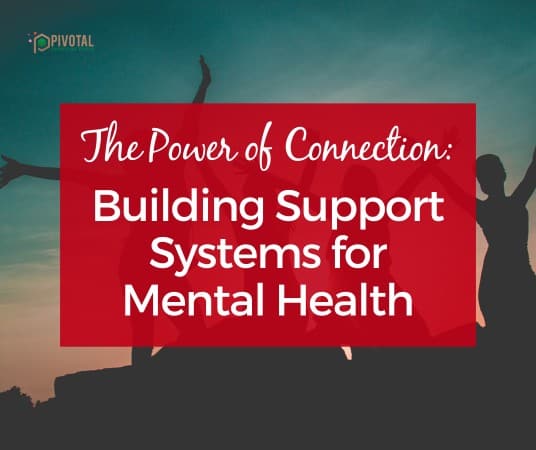
Sometimes it seems difficult to create a lasting bond with someone that you love. While any romantic relationship is going to take work and effort, it doesn’t always have to be hard. When two people put the effort into a relationship, it will be easier to work through the hard times together. You can use this article as a guide to understanding your partner’s feelings if you’re ever struggling to relate.
Why it matters
You know that your partner matters, which is great, but you need to understand that their feelings are important as well. Part of being in a relationship is taking into account where your partner is emotionally. Sometimes they may need you to respect that they need space, sometimes they may need to talk, and sometimes they might just need a hug to let them know you’re there. The key is to make their feelings a priority even when you don’t see eye to eye.
It’s not nurture, but nature:
Occasionally, people disagree over whether connecting with a partner reflects nature or nurture. Human connection is nature. It is a natural instinct to want to connect to someone and have someone understand and empathize with us. It’s simply all about nature and instincts, and connecting with your partner is a natural instinct you want to use wisely.
Connection is critical to human survival:
As briefly mentioned, connecting to those around us (especially romantically) is a natural instinct, and important for survival as a species. It doesn’t relate to simply procreating, though. It’s about having someone at your side to take on life and help you through whatever battles or hard parts are out there, just like you will help them when they need it.
Your partner is looking for strength:
There is strength in numbers, so a couple will be stronger together than two single people trying to get through life. You can lean on your partner in difficult times, and they can do the same to you. When your partner is upset or sad, they’re going to be looking to you specifically to supply that strength so that they can keep going until they’re able to stand on their own again.
What to do:
Give these techniques a try the next time you want to understand your partner’s feelings.
Reverse the situation:
If you aren’t sure how to interpret your partner’s emotions through their actions or words, imagine how you would be feeling if you were exhibiting those same symptoms. This allows you to react to them the same way you’d want your partner to react in the situation were reversed. This will show that you care and that you actually want to care for them.
Focus on what they’re not saying:
A lot of times, emotions can be understood through a person’s body language, or through topics that they’re avoiding. While prying doesn’t always get the results you want, you can make sure your partner understands that you are there for them and that you want to care for them. This can really help them open up. If they are sitting hunched up, for instance, consider sitting next to them and keep your own body language open. The goal is not to crowd them, but to be there to help them.
Ask them what they need:
When all else fails, ask your partner what you can do. Ask what they need and how you can take care of them. They’ll appreciate your honesty and interest and will be able to lean on you in some form or another. Asking a loved one what is needed is not a sign of weakness or failure in understanding – it’s honest communication.
The reality in every relationship is that there will be ups and downs. It can be a great comfort to have a partner you can rely on in any situation. Learning how to understand each other’s feelings can grow the relationship and help each person understand that their partner is there for them through it all, and genuinely wants to be there.









